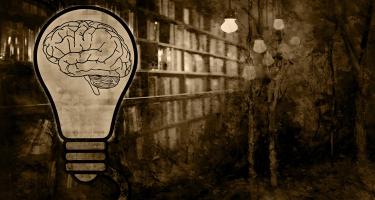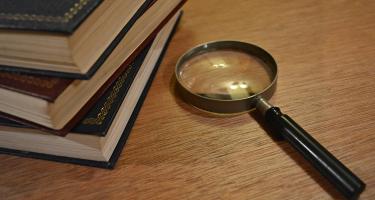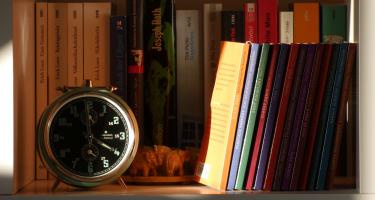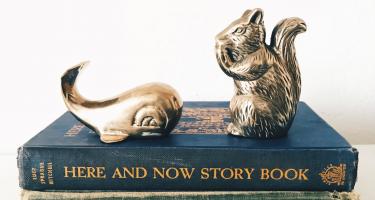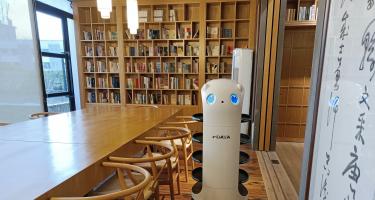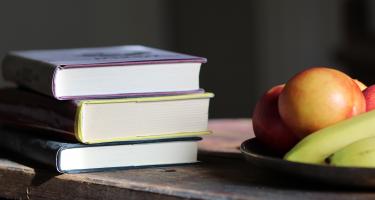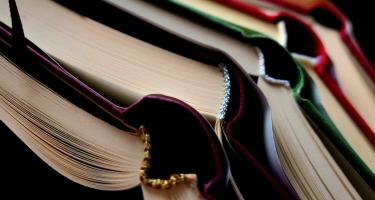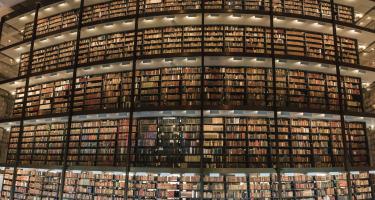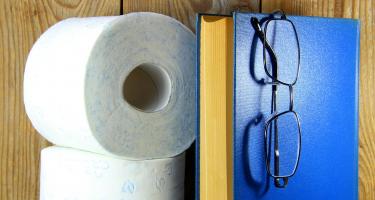
Lina Zeldovich—The Other Dark Matter: The Science and Business of Turning Waste into Wealth
Innovative upcycling methods can transform human excrement into fertilizer, electricity, and biofuels, Lina Zeldovich reports in The Other Dark Matter: The Science and Business of Turning Waste into Wealth. Fecal transplants can benefit people with C difficile infections and other disorders. Sewage treatment plants, Zeldovich predicts, soon may be known as resource recovery facilities.
